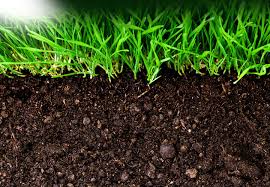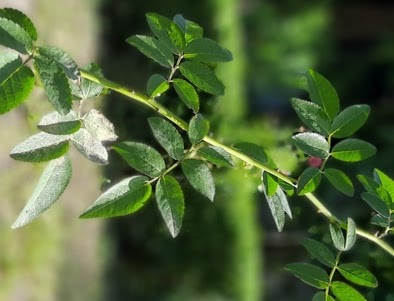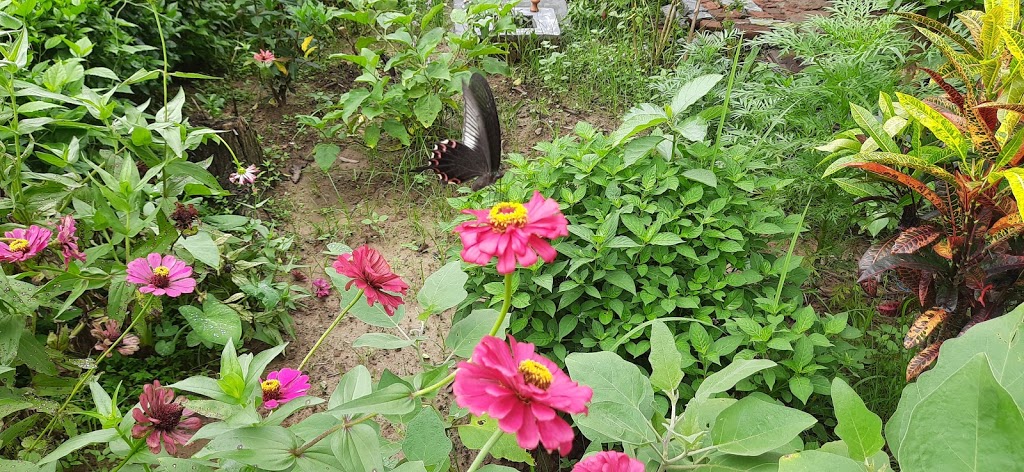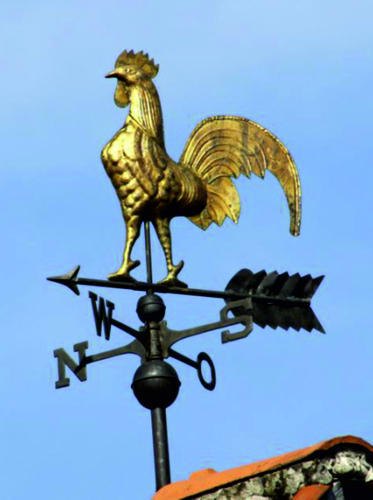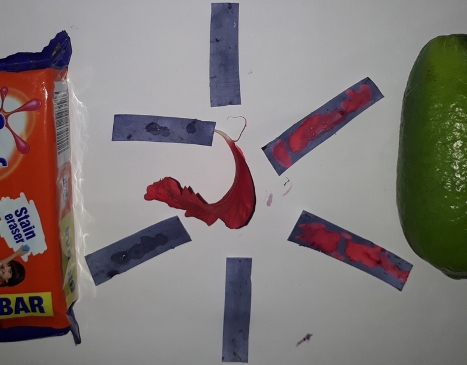SOIL Class 7 Chapter 9
Soil is a mixture of sand, small rock particles and humus. The sand and small rock particles are formed by physical, chemical and biological weathering of rocks. The humus is formed by humification of dead organic matters. The process of soil formation is called pedogenesis. The study of soil and its properties is called pedology.
SOIL Class 7 Chapter 9 Read More »
